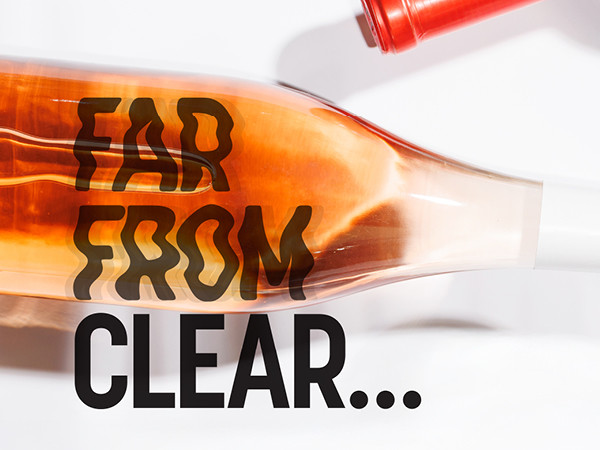
Far from clear: Weighing up the glass debate
The glass bottle has been a fixture of the wine world since the 17th century, while the earliest examples date back to the Roman era. Impermeable and inert, it remains the universal vessel of choice, but a growing consumer awareness of its carbon footprint could yet threaten that status, meaning its days would be numbered. Estimates vary, but glass production accounts for up to half the CO2 in a typical bottle of wine. The material is energy intensive, with gas used to heat furnaces to 1,700ºC for its manufacture. Then there’s the impact of shipping as bottles, many of them needlessly heavy, are hauled across the world, with the IWCA (International Wineries for Climate Action) estimating that transport accounts for 15.9% of the average winery’s emissions. Theoretically, glass has an infinite life – the UK boasting one of the better recycling rates at 74.2%, according to British Glass – but the process is notoriously complex, requiring rigorous colour sorting, and it uses energy.
Read more...





